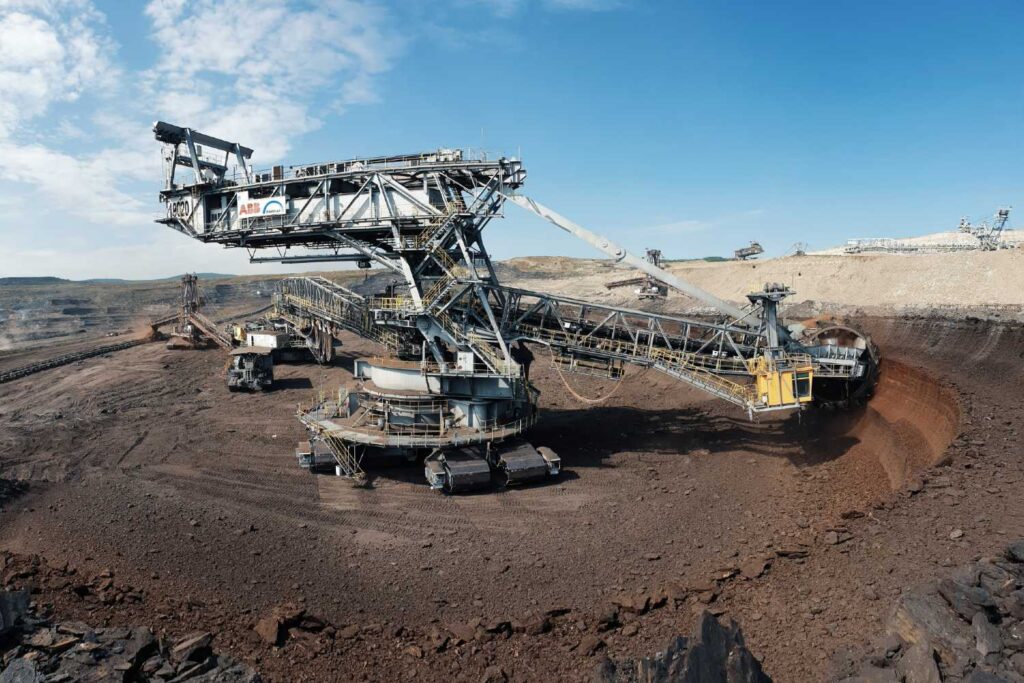South Sudan is rich in natural resources, particularly minerals, which have the potential to contribute significantly to the country’s economic development. However, the country’s potential has been hampered by ongoing conflict, lack of infrastructure, and instability. Here is an overview of some of the key mineral resources in South Sudan:
1. Oil
- Oil is South Sudan’s most important and valuable natural resource. It is the largest contributor to the country’s economy, accounting for about 90% of its revenue.
- South Sudan has substantial oil reserves, particularly in the Upper Nile, Unity, and Jonglei regions. The country is one of the top oil producers in Africa, with an estimated 3.5 billion barrels of proven reserves.
- The country exports much of its oil to Sudan, which controls the pipelines that carry it to ports on the Red Sea.
2. Gold
- South Sudan has significant gold deposits, particularly in the Equatoria and Bahr el Ghazal regions.
- Artisanal mining is common in these areas, where gold is extracted on a smaller scale by local miners.
- There are growing efforts to develop the gold mining sector, but much of it remains informal due to the challenges in regulation and investment.
3. Copper
- South Sudan is believed to have copper deposits, especially in the Kapoeta region in the Eastern Equatoria state.
- The country has the potential for large-scale copper production, but like many of its other mineral resources, copper mining remains underdeveloped.
4. Iron Ore
- South Sudan has iron ore deposits in various regions, including the Luri area in Central Equatoria.
- If explored and mined, iron ore could become an important resource, especially for the country’s industrial development.
5. Other Minerals
- Lithium: South Sudan has also been reported to have lithium deposits, an important mineral for the global production of batteries for electronic devices and electric vehicles.
- Lead, Zinc, and Manganese: There are indications of the presence of these minerals in small quantities, but their extraction is currently minimal.
- Marble and Limestone: South Sudan has limestone and marble deposits in various parts of the country, which can be used in construction and industrial applications.
Challenges and Opportunities
- Lack of Infrastructure: Despite the wealth of resources, South Sudan faces significant infrastructure challenges, including limited roads, lack of modern mining technology, and poor access to markets.
- Conflict and Instability: The country’s ongoing conflict has hindered large-scale resource extraction and development. Many areas rich in minerals remain inaccessible or unsafe for exploration and mining.
- Investment and Regulation: South Sudan has yet to fully develop a regulatory framework that would attract foreign investment in its mineral resources. Corruption and governance challenges also play a role in limiting the potential of the mineral sector.
Potential for Future Development
- The mining sector in South Sudan has significant growth potential, particularly with its untapped gold, copper, and iron ore resources.
- With peacebuilding efforts and infrastructure development, South Sudan could harness its mineral wealth to diversify its economy and reduce reliance on oil revenues.


